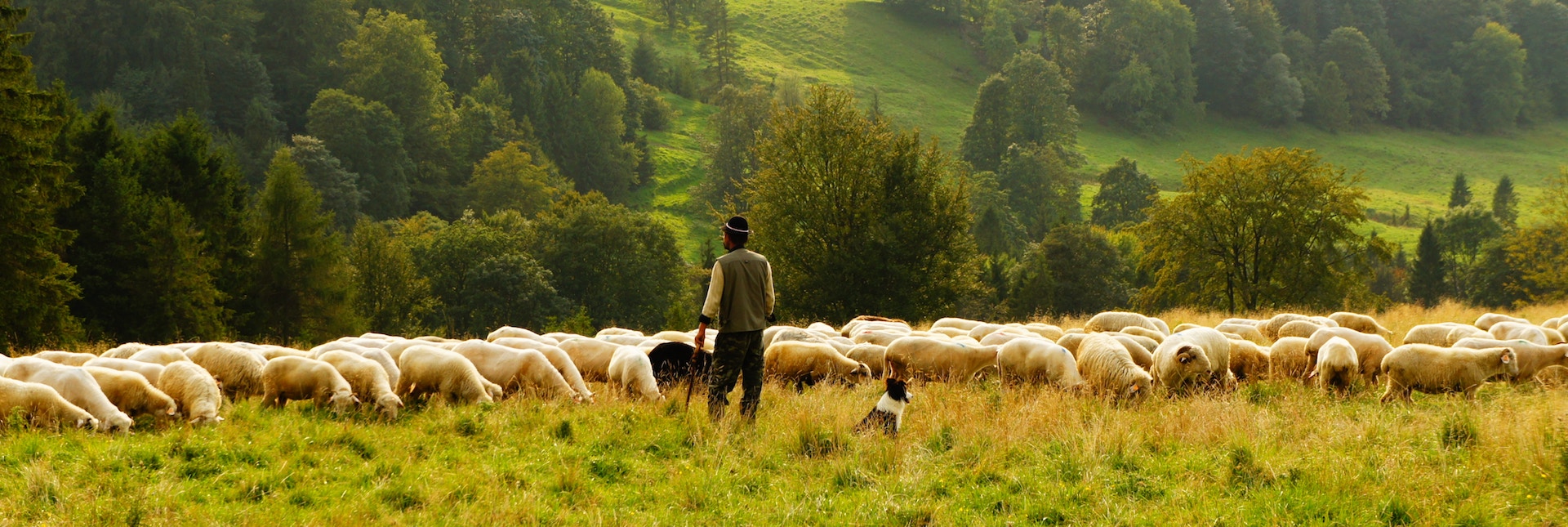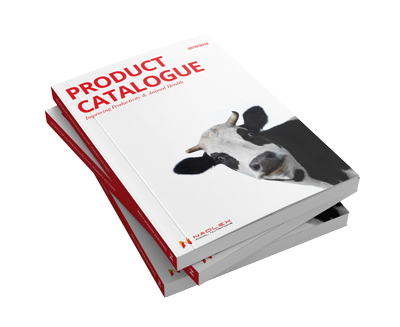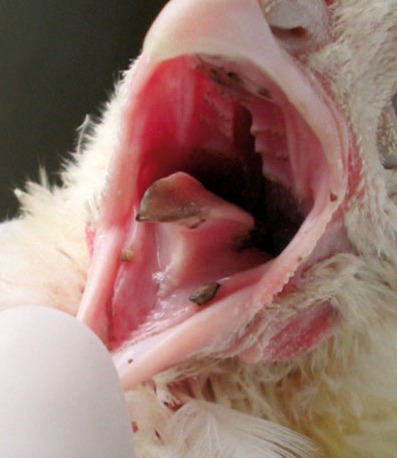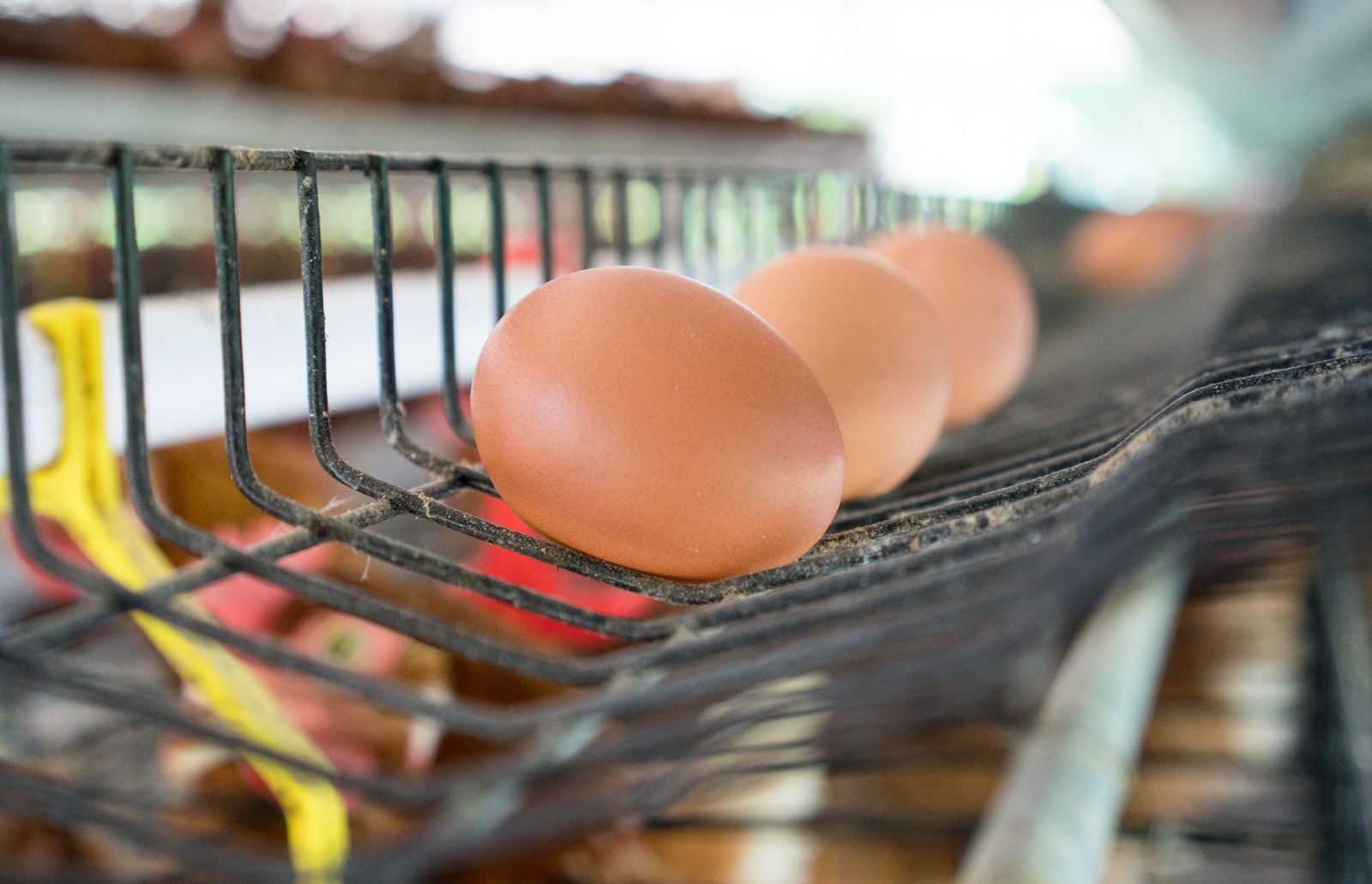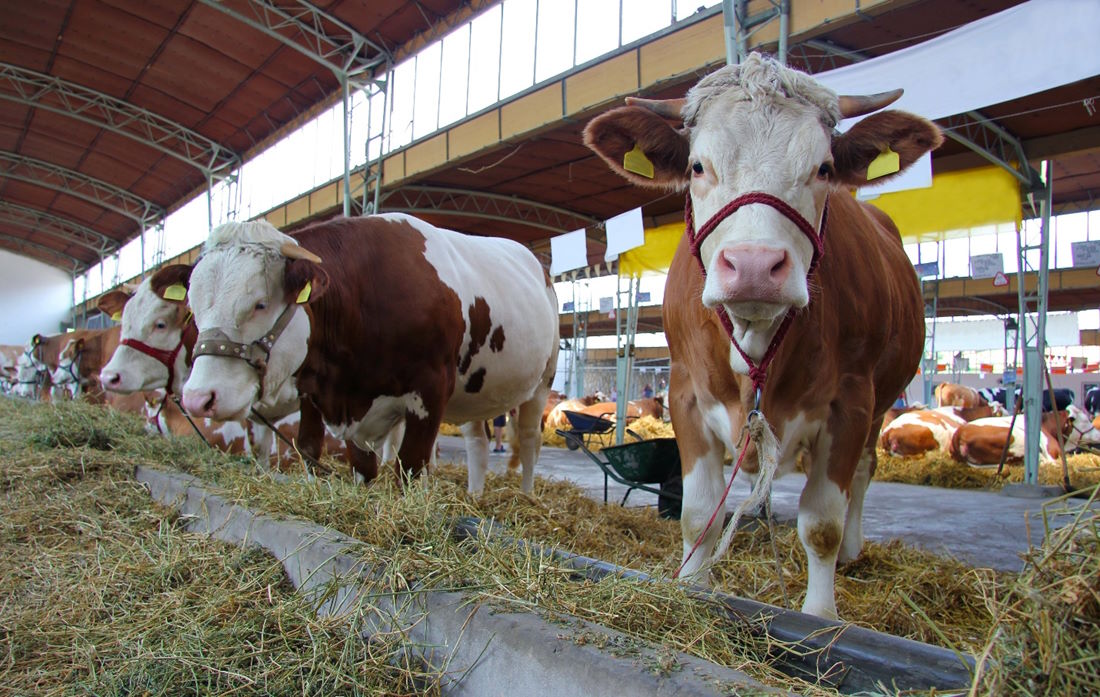Swine
Swine challenge
Swine, or pigs, face various challenges that can affect their health, growth, and productivity. Here are some common challenges faced by swine:
- Disease and Health Issues: Swine can be susceptible to various diseases, including viral, bacterial, and parasitic infections. Diseases such as porcine reproductive and respiratory syndrome (PRRS), swine influenza, porcine circovirus-associated disease (PCVAD), and parasites like roundworms and mange mites can impact pig health and production. Proper biosecurity measures, vaccination programs, and regular veterinary care are essential to prevent and manage these health challenges.
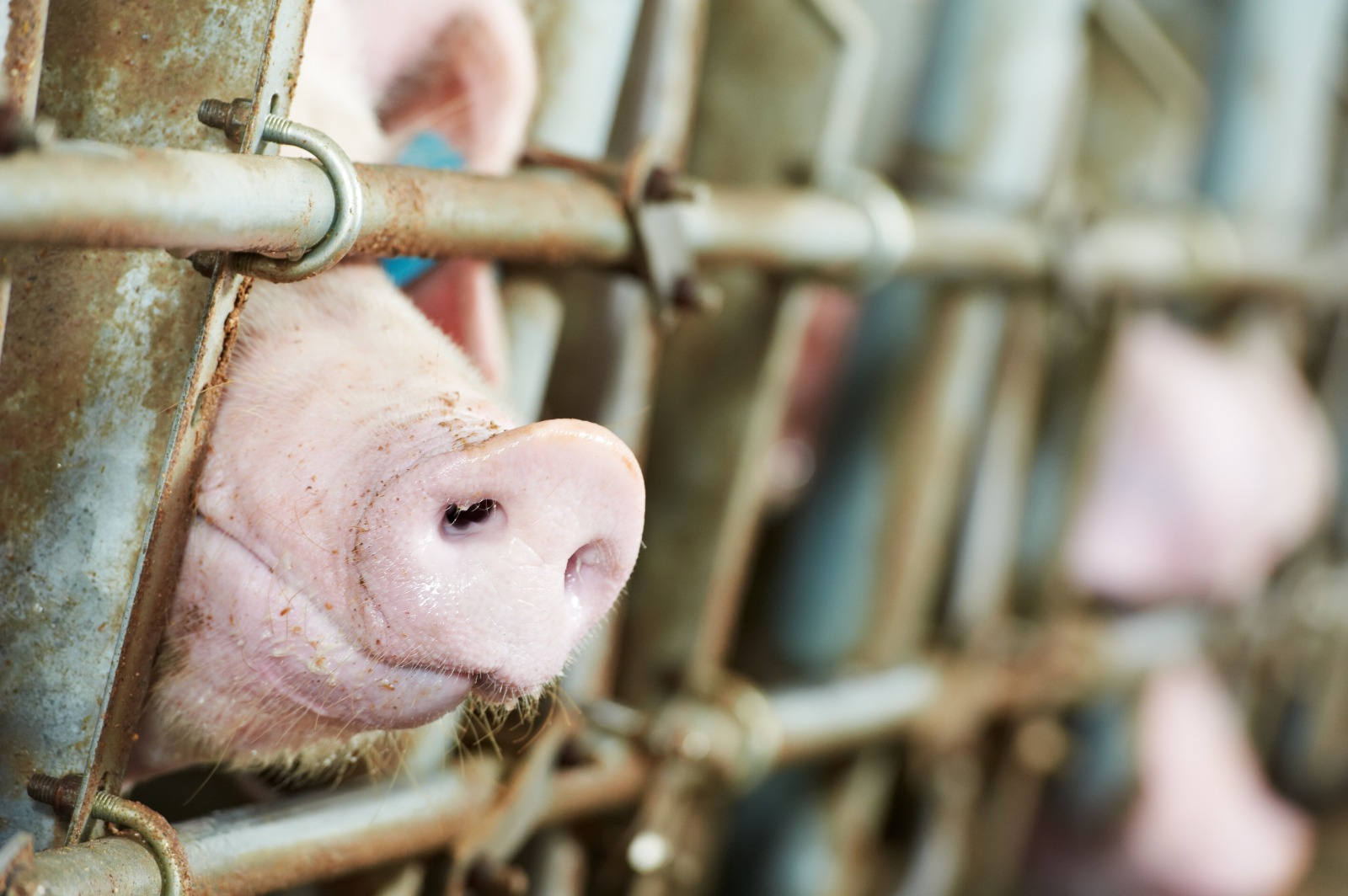
- Housing and Environmental Stressors: Inadequate housing conditions, such as poor ventilation, overcrowding, or temperature fluctuations, can result in stress and health issues among swine. Stressors like high temperatures, drafts, damp bedding, and poor air quality can lead to respiratory problems, heat stress, and increased disease susceptibility. Providing proper housing, ventilation, temperature control, and comfortable bedding are important for swine welfare and performance.
- Reproductive Challenges: Swine reproductive challenges can include low conception rates, extended farrowing intervals, and irregular estrus cycles. Factors such as suboptimal nutrition, improper breeding management, genetic factors, and reproductive diseases can contribute to these challenges. Proper breeding protocols, reproductive health monitoring, and genetic selection can help improve reproductive performance in swine herds.
- Piglet Management and Pre-Weaning Mortality: High pre-weaning mortality rates can be a significant challenge in swine production. Factors such as poor sow nutrition, inadequate colostrum intake, crushing of piglets, and environmental stressors can contribute to piglet mortality. Proper piglet management, including ensuring adequate colostrum intake, appropriate farrowing environments, and minimizing stressors, can help reduce pre-weaning mortality rates.
- Antibiotic Resistance and Medication Use: The challenge of antibiotic resistance and restrictions on antibiotic usage in livestock production affect swine operations. Responsible use of antibiotics and adherence to veterinary guidelines are crucial to prevent the emergence of antibiotic-resistant bacteria and maintain the effectiveness of antimicrobial treatments.
- Biosecurity: Maintaining biosecurity is essential to prevent the introduction and spread of diseases within swine herds. Biosecurity challenges include the risk of disease transmission through personnel, vehicles, equipment, or other animals. Implementing strict biosecurity protocols, including controlled access to facilities, quarantine procedures for incoming animals, and hygiene practices, helps prevent disease outbreaks.
Addressing these challenges requires a comprehensive approach that includes proper management practices, regular veterinary care, nutrition optimization, disease prevention, and monitoring. Collaboration with veterinarians, nutritionists, and industry experts is crucial for developing tailored strategies to manage these challenges effectively and ensure the health and productivity of swine.


